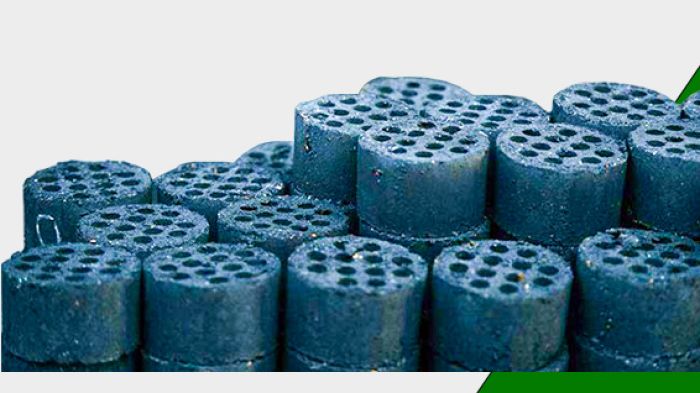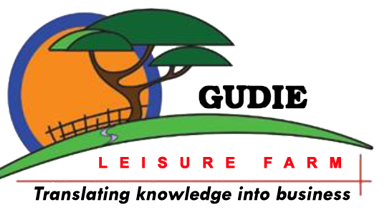Clean Energy Solutions
Gudie Leisure Farm (GLF) is a significant champion of clean energy solutions in Uganda, primarily through its involvement with the Khainza Energy Project. This initiative is a critical component of GLF's overarching "zero-waste ecosystem" and its mission to transform smallholder farmers into eco-entrepreneurs.
GLF's clean energy focus revolves around the production and distribution of affordable, clean cooking fuel, which is crucial in a country where the vast majority of the population still relies on polluting biomass fuels like charcoal and firewood.
Khainza Energy Project: Biomethane Production
- Circular Economy Model: Gudie Leisure Farm actively supports the Khainza Energy model by supplying organic waste (such as manure and other agricultural by-products) from its farm activities.
This waste serves as the core raw material for generating clean fuel, closing the loop on the farm's operations and embodying the "zero-waste" philosophy. - Product: The organic waste is processed through anaerobic digestion to produce raw biogas.
Khainza Energy then purifies and processes this raw biogas into biomethane (methane gas with high purity, over 98%) which is safe to compress, store, and transport. - Delivery and Affordability: The purified biomethane is packaged in high-pressure cylinders and sold to low-income populations at a price point that is often marginally cheaper than charcoal, while being cleaner, safer, and more sustainable.
Environmental and Social Impact
By promoting biomethane as a substitute for charcoal and firewood, the project directly addresses:
- Deforestation: Reducing the cutting of trees for biomass fuel.
- Health Hazards: Mitigating severe respiratory infections caused by prolonged exposure to indoor cooking smoke, which disproportionately affects women and children.
- Job Creation: The project generates jobs along its value chain, from waste collection to distribution.
Role in the GLF Ecosystem
The clean energy solution is integrated into the GLF training and incubation model.4
- Environmental Hub: GLF's community-level Parish Enterprise Learning Associations (PELAs) are mandated to contribute toward a sustainable environment, which includes adopting renewable energy practices like using briquettes, solar energy, and biogas.
- Raw Material Sourcing: The abundant animal litter and dung generated by the White Meat Value Chain Linkage Program (poultry, piggery, cuniculture) is intentionally directed to the biogas production facility, providing a steady and reliable feedstock for the energy product.
This demonstrates the interlinked, mutually supportive nature of all of GLF's enterprise programs.
The Khainza Energy Project, which was launched by GLF in 2015, not only provides a solution to the clean cooking challenge but also turns a major agricultural waste problem into a profitable enterprise


